Chemical Cleaning of Equipment In Refineries and Petrochemical Plants
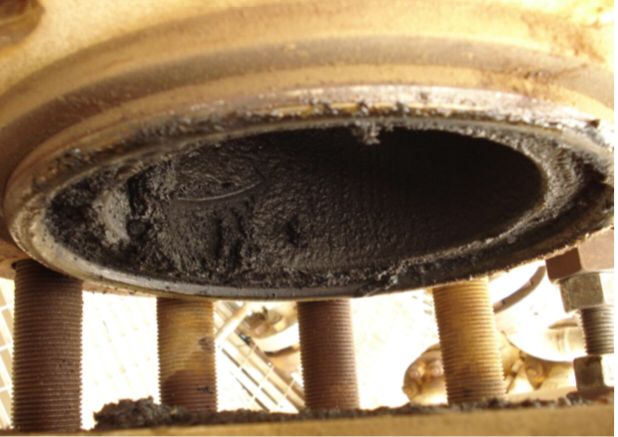
Standard Teknik
Chemical Cleaning and Flashing - Before
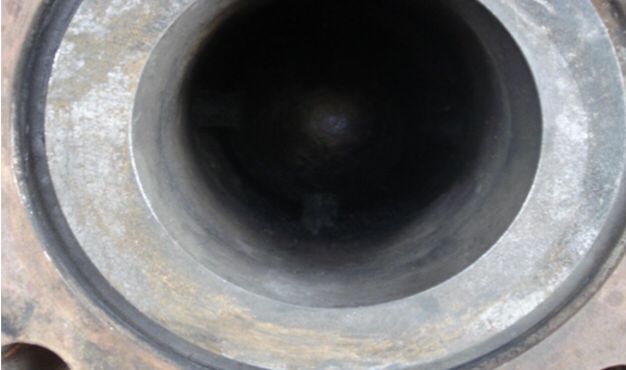
Standard Teknik
Chemical Cleaning and Flashing - After
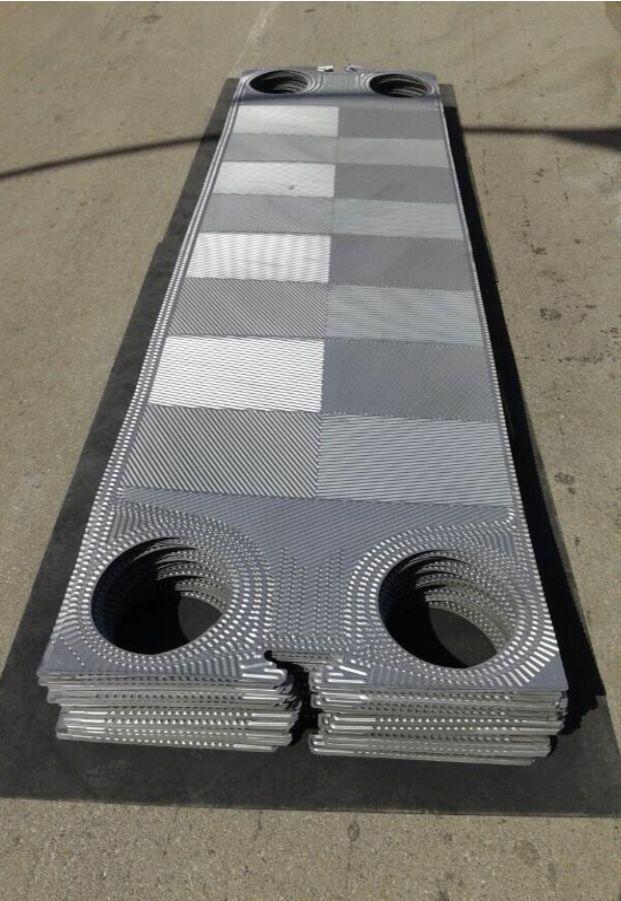
Standard Teknik
Chemical Cleaning and Flashing - After
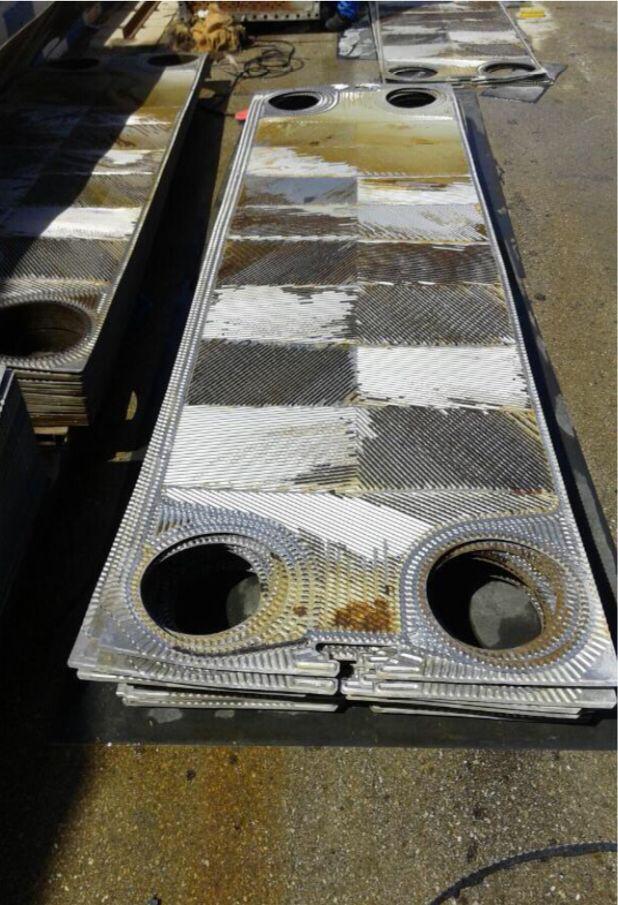
Standard Teknik
Chemical Cleaning and Flashing - Before
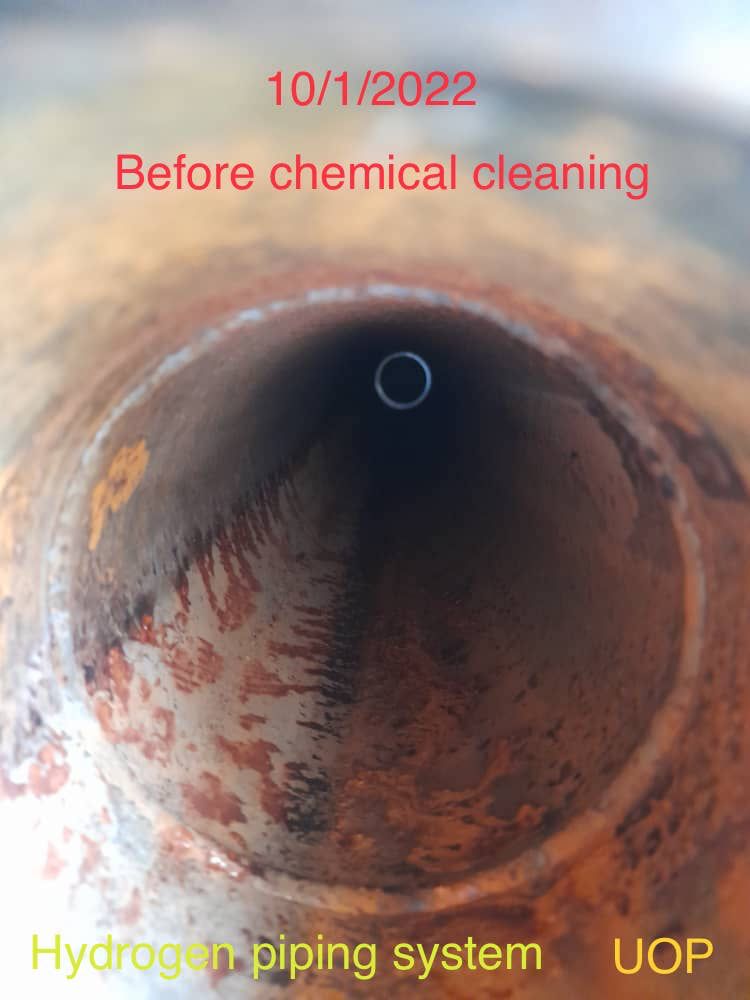
Standard Teknik
Chemical Cleaning and Flashing - Before
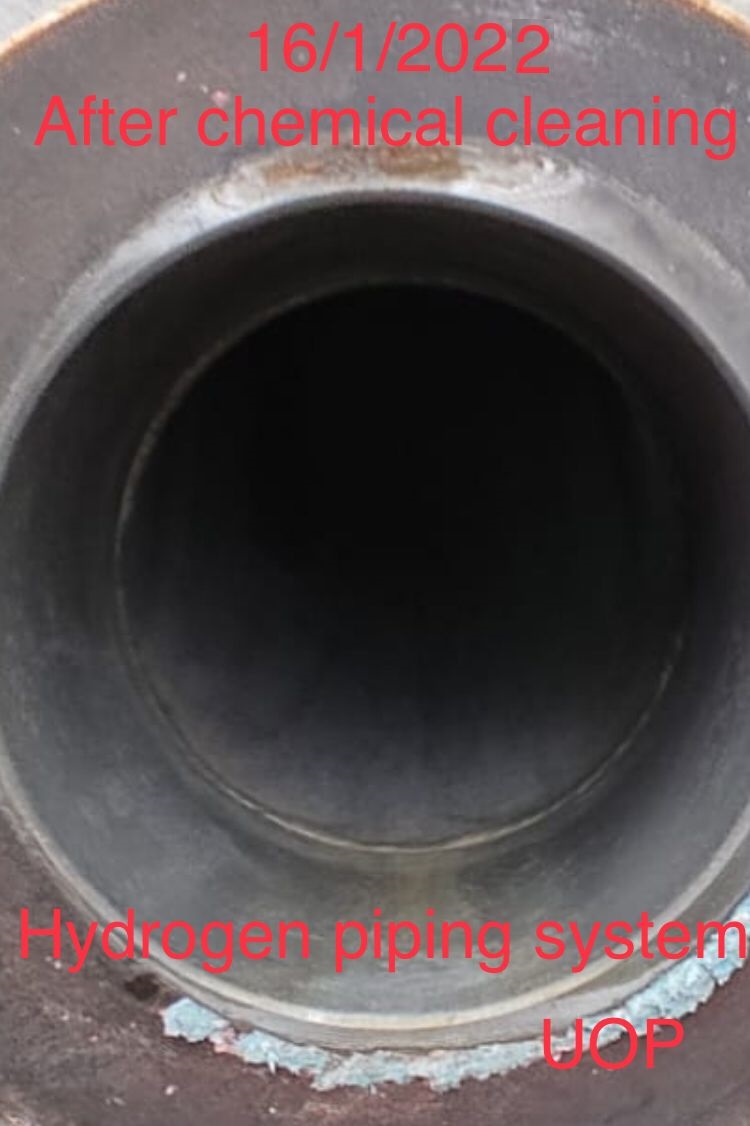
Standard Teknik
Chemical Cleaning and Flashing - After

Standard Teknik
Chemical Cleaning and Flashing

Standard Teknik
Chemical Cleaning and Flashing




